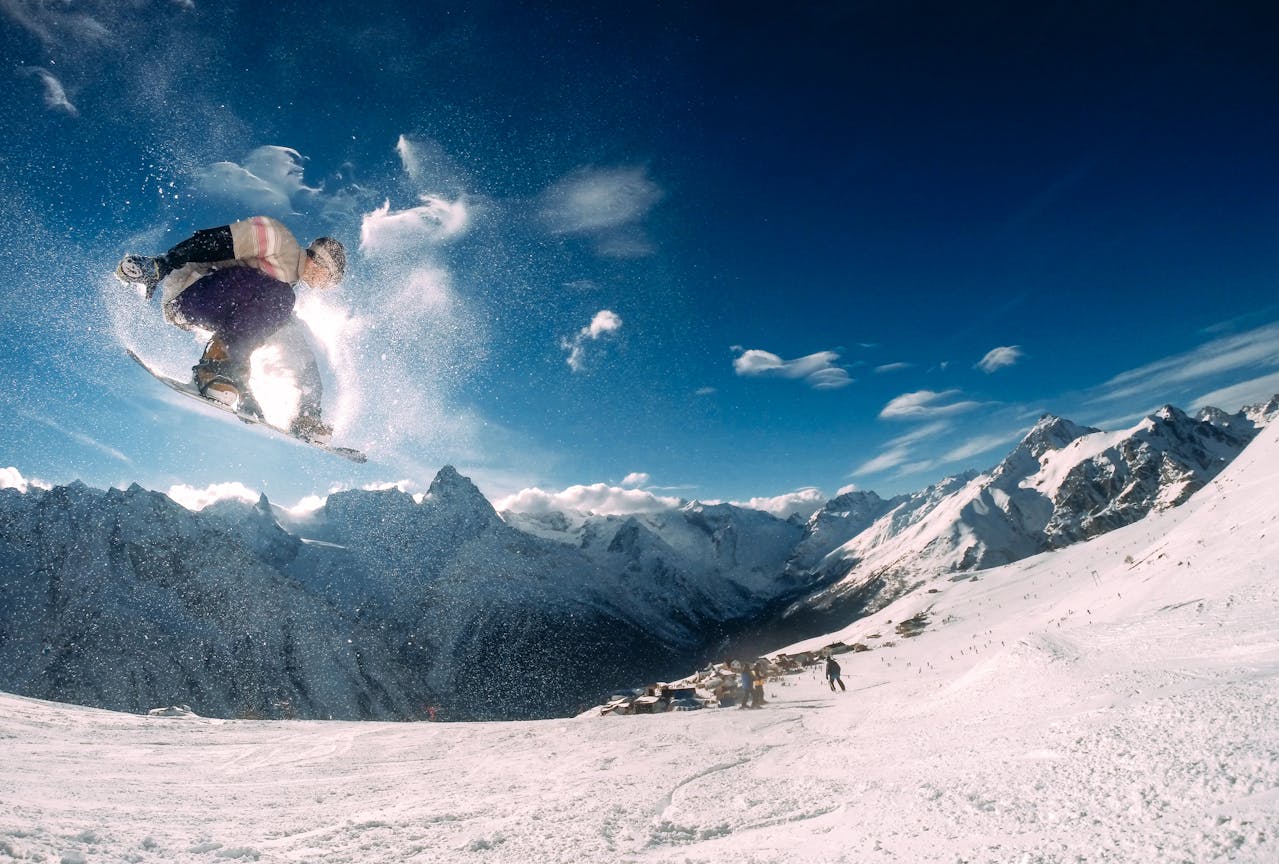
It’s about more than danger and adrenaline. (Pexels Photo)
By Odette Hornby, University of South Wales, The Conversation
Participation in extreme sports has surged since COVID-19, with 490 million people estimated to be taking part globally. This may have been fuelled by a desire to break free from lockdown-induced monotony and an explosion of media coverage showcasing the allure of high-adrenaline activities.
Extreme sports, like Base jumping, free solo climbing, big wave surfing and downhill mountain biking, once reserved for a small percentage of people, are now becoming more mainstream.
But why are people willing to take such risks? As a climber myself, I was keen to find out. While the popular image of extreme sports participants often revolves around thrill seeking and adrenaline addiction, research from my colleagues and I shows there are far more complex reasons for why people participate.
An extreme sport is defined as one in which a mismanaged mistake or accident would result in serious injury or death.
Research has started to explore the reasons behind extreme sports participation, but there’s still a lot to uncover. Several studies have identified factors like personality, motivation, and even neurobiology as playing a role. But it remains unclear which of these consistently drives people to take part in high-risk sports.
We started our work by conducting a systematic review to consolidate existing research on what drives people to participate in extreme sports. The studies we looked at provided important insights into the various psychological and emotional factors that motivate people to engage in high-risk activities. This helped us build a more complete understanding of the extreme sports mindset. We uncovered five motivational factors.
1. Connection
Participants often describe feeling at one with nature and free from the constraints of everyday life. Many also find a deep sense of belonging in the extreme sports community and are driven by the desire to push their personal boundaries.
2. Personality
While some people are indeed drawn to thrill seeking, many use extreme sports as a tool to regulate difficult emotions. This is particularly true for those with alexithymia, which is when people struggle to identify and express their feelings.
3. Goals
The drive to succeed plays a big role in why people take part in extreme sports. Of course, many athletes are motivated by setting clear goals, whether it’s winning competitions or improving their performance. In this sense, participation in extreme sport is no different from that of more traditional sport.
For many of the respondents in the studies we analysed, goal setting boosts confidence and helps them persist through challenges. Participants also often feel a strong sense of control over their activities and find a sense of community with like-minded people.
4. Managing risk
Far from being reckless, participants are often highly calculated about the risks they take. They thrive on managing risk, finding excitement in navigating dangerous situations rather than avoiding them.
5. Addiction-like urges
Some participants exhibit behaviour resembling addiction, experiencing mood disturbances when not engaging in their chosen extreme sport. This can create a powerful urge to return, a bit like withdrawal symptoms.
Our findings have broader implications. They challenge the traditional view of extreme sports enthusiasts as mere “adrenaline junkies”. The research suggests that extreme sports could potentially offer therapeutic benefits, particularly for people struggling with emotional regulation.
Far from just being about thrill seeking, these types of activities could provide an outlet for experiencing emotions that might otherwise be hard for some people to access. It opens new avenues for exploring how high-risk activities may be used to support mental health and wellbeing.
My own work in this field is ongoing. Recently, I’ve conducted interviews with elite extreme sport participants to explore their motivations in greater depth. This new research will examine how these motivations shift over time – before, during and after participation. I’m also expanding my studies to compare the motivations driving extreme sport enthusiasts with those of non-extreme sport participants, aiming to uncover what, if anything, truly sets them apart.![]()
Odette Hornby, PhD Candidate in Sports Psychology, University of South Wales
This article is republished from The Conversation under a Creative Commons license. Read the original article.





















